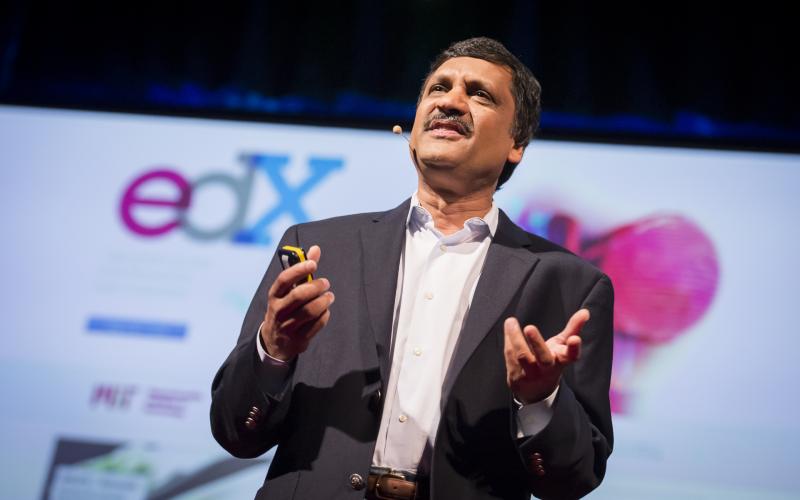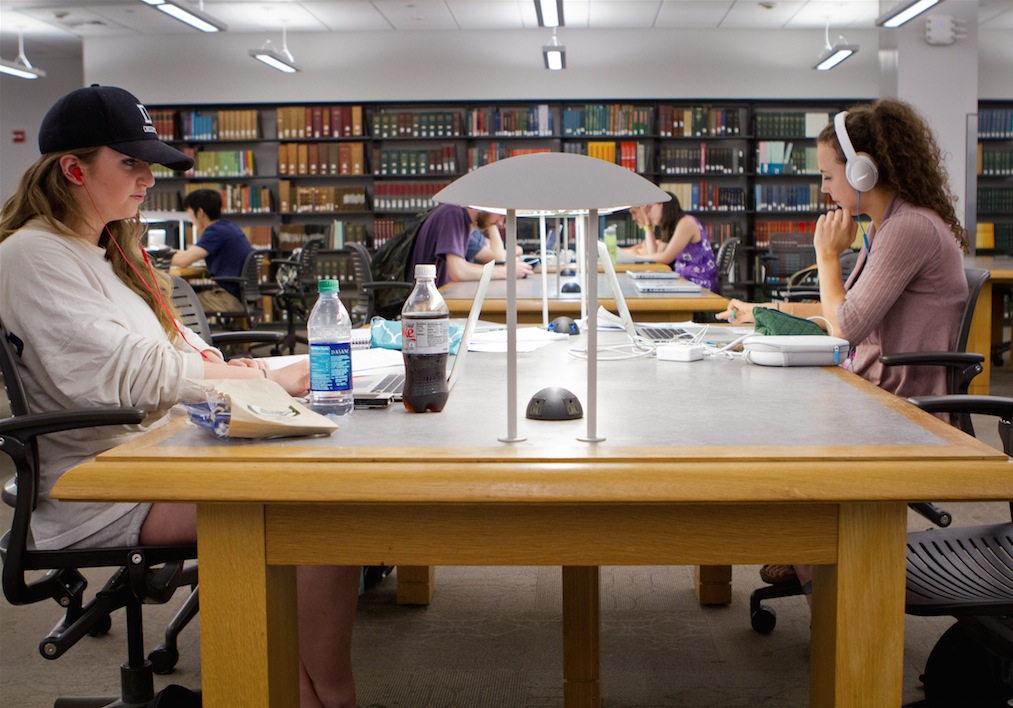technology and innovation

At Harvard Tuesday morning, environmentalists and student activists expanded their blockade of Massachusetts Hall, blocking University Hall. The protesters are demanding Harvard sell off fossil fuel stocks in its $36 billion endowment. Today, WGBH's Kirk Carapezza explains why divestment is not so easy and how colleges are trying to foster a sensible conversation about climate change.

A new MIT-Harvard study released Wednesday finds nearly 40 percent of learners who take open online courses are teachers. That finding has researchers wondering whether they can better design online courses once predicted to upend students' experience to meet teachers' needs.
Last year, WGBH's On Campus reported that despite low completion rates researchers at MIT and Harvard insist that online courses still have value:

The way higher education is packaged and delivered in this country is rapidly changing. Soaring costs and online alternatives are prompting many traditional colleges and universities to take a long look in the mirror, including one faculty-led think-tank located in the shadow of Georgetown University in Washington D.C.
















